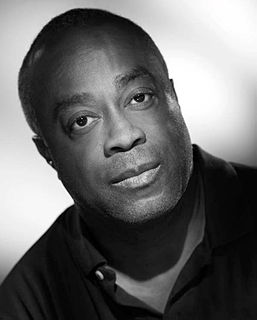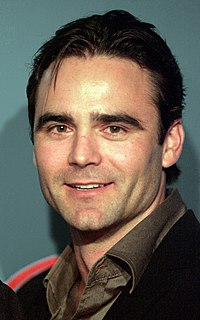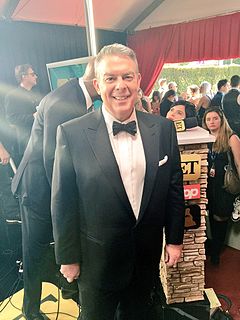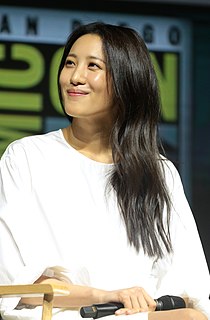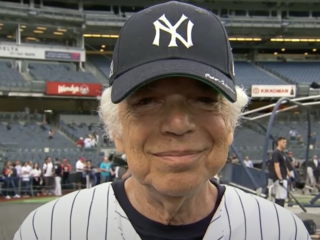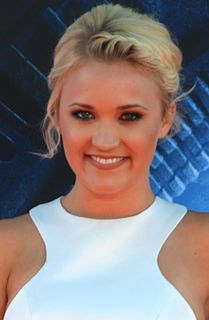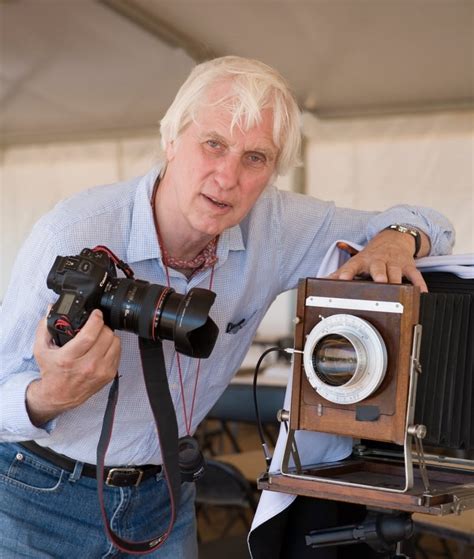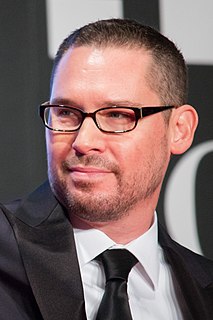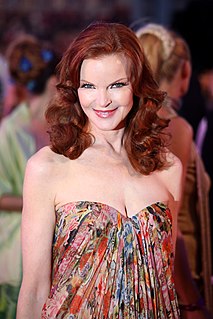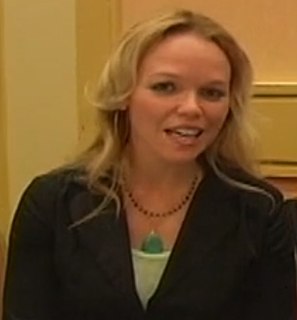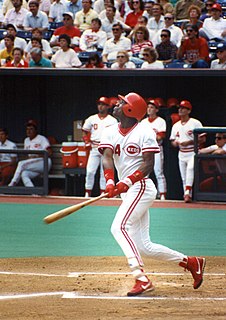A Quote by Charles Burnett
With non-professionals, there's a lot of time you have to allocate to getting what you want with them, but also you cast based on who they are, to bring out their real personalities. So it's less about working on character and more about just getting them comfortable in front of the camera to be themselves, and understanding the process.
Related Quotes
McLeod's Daughters was my first regular job out of drama school, and my first full-time role. That was great because I learned a lot, in terms of working in front of the camera. I learned a lot of technical aspects that you take for granted once you know them, but you have to learn them somewhere, along the way. It was a bit of a training ground for me, working in front of the camera and also dealing with media.
The key to longevity is to keep doing what you do better than anyone else. We work real hard at that. It's about getting your message out to the consumer. It's about getting their trust, but also getting them excited, again and again. My clothes.. the clothes we make for the runway.. aren't concepts. They go into stores. Our stores. Thankfully, we have lots of them.
In my films, I like to use the same actors again and again, so I know them really well and can bring their unique personalities into the process. However, as a director, I have strict control over the way they express their personalities. I don't want them to go beyond what I need from them, but I also don't want them to underplay. So I modulate their performances very closely, within a certain range of expression.
I really trust the authenticity of real people and my job is to get them to be themselves in front of the camera. Often what happens is, you'll get a newcomer in front of the camera and they'll freeze up or they imitate actors or other performances that they've admired and so they stop becoming themselves. And so my job as the director is just to always return them to what I first saw in them, which was simply an uncensored human being.
I have a genuine philosophy. I do not want to make negative pictures about people, and so I do everything I can to help make them feel comfortable in front of the camera. That is what is going to control your picture, because you are alone if your subject is not with you. And that's the simple answer to getting a good picture.
I've had a couple opportunities where I've been on the other side of the audition process as a director, so it's really reassuring to me that it's just about who is right for that role and less about if you ace the audition. It's just about getting to know people, not about who's a better actor a lot of the time.
If you give the actors a problem 'I'm not getting something out of the scene' and it's the writing, we just don't have the scene, if you give them the problem and just give them some key thoughts they can bring some great solutions to the equation too. So if it's just not perfect, or I'm not getting all I can, I'll open it up to them and say let's talk about it.
Filmmaking isn’t if you can just strap on a camera onto an actor, and steadicam, and point it at their face, and follow them through the movie, that is not what moviemaking is, that is not what it’s about. It’s not just about getting a performance. It’s also about the psychology of the cinematic moment, and the psychology of the presentation of that, of that window.
